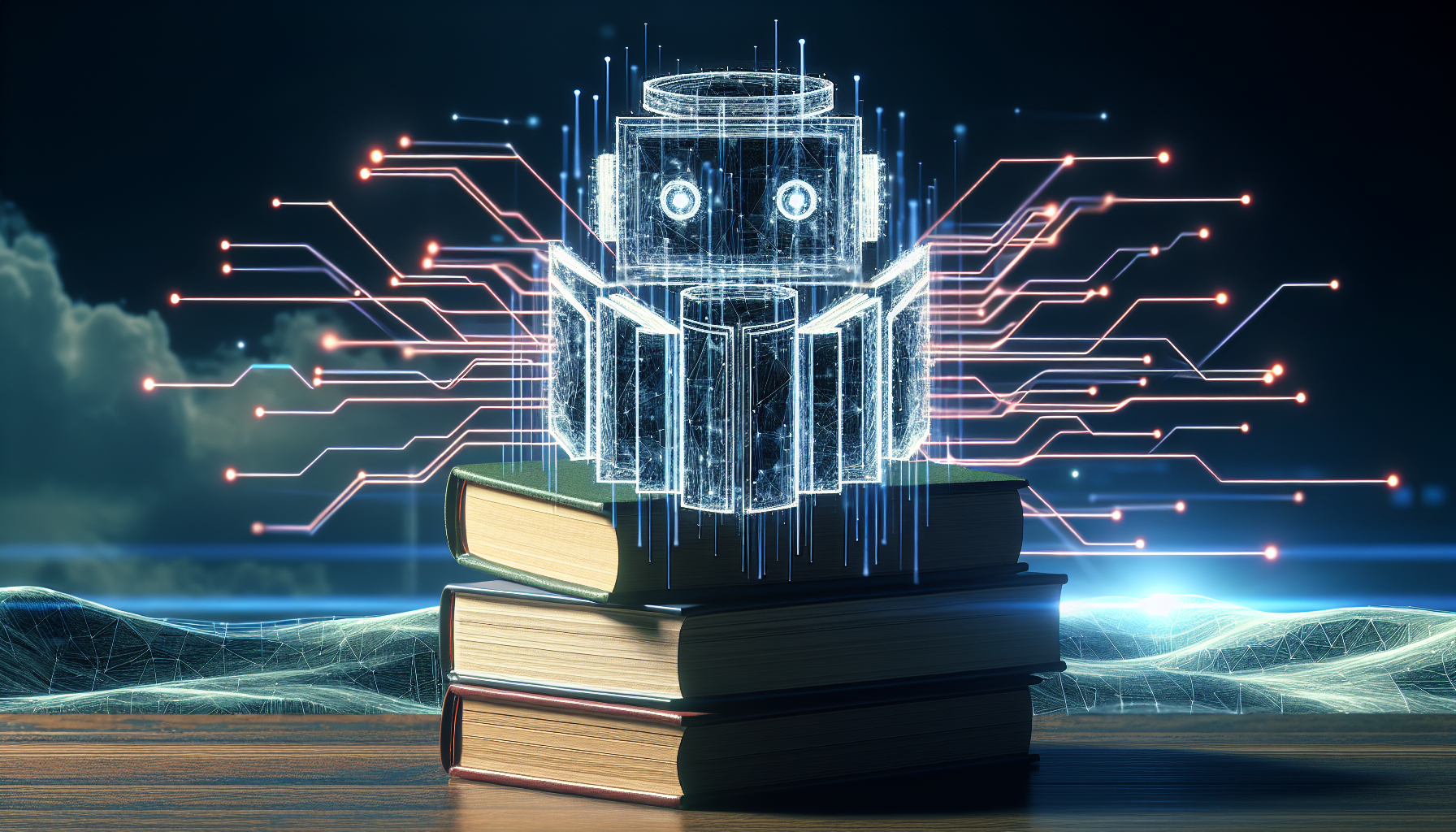
Court Decision Grants Anthropic Freedom to Train AI on Books
In a landmark decision poised to reverberate throughout the technology sector, the court has ruled in favor of Anthropic, an emerging leader in artificial intelligence, allowing them to train their AI using books without requiring permission from publishers or authors. This monumental ruling, reflecting the complex intersection of copyright law and artificial intelligence, is bound to have significant implications for tech companies and content creators alike.
The Case Unveiled: A Deep Dive into the Ruling
The court's decision stems from ongoing debates around the use of copyrighted materials for AI training purposes. In this specific case, Anthropic was taken to court over its use of written works as a databank to train its artificial intelligence systems. The crux of the matter was whether leveraging copyrighted texts without explicit consent for AI training was a fair use under copyright law.
Anthropic's defense centered around the transformative nature of AI training. **They argued** that the use of books was fundamentally different from their original purpose, citing the distinctions between AI training and reading for entertainment or educational purposes. As AI does not directly reproduce the text but rather learns underlying patterns and structures, Anthropic contended that their usage fell within the realms of fair use.
Implications for the Future of AI and Copyright Law
This court decision could forge a new era of innovation within the AI industry, unlocking **vast troves of data** for training machine learning models. By allowing Anthropic to proceed without needing explicit permissions, the ruling sets a precedent that could shorten the time and reduce the cost associated with developing sophisticated AI technologies.
However, the ruling also raises pressing concerns among authors, publishers, and advocates for copyright protection. They worry about the potential loss of control over their intellectual property and the implications for their creative rights. As AI technology continues to evolve, so too will the debates around ethical boundaries and legal definitions within the tech world.
Challenges and Opportunities in a Brave New World
The landscape of AI development is as complex as it is fascinating. Amidst the buzz around opportunities lies a series of unresolved ethical dilemmas and practical challenges:
- Data Privacy: As AI grows increasingly sophisticated, developers must ensure that sensitive information is protected and that AI models do not autonomously infer confidential or proprietary information from training data.
- Transparency and Explainability: There is a growing call for AI models to be more transparent about how decisions are made, ensuring that biases are identified and rectified.
- Market Dynamics: AI usage in various sectors could shape market dynamics, disrupt traditional roles, and create new areas of competition and collaboration.
Is this ruling a legal permissive for the boundless use of creative works for AI? Not necessarily. Each case might still need to be evaluated on its individual merits, but the precedent set by this decision may empower similar arguments for fair use provisions by other tech companies.
Spotlight on Anthropic: Pioneers of Innovation
Anthropic, founded by former OpenAI employees, has rapidly established itself as a vanguard in the AI space. The company's ethos is rooted in creating AI systems that are socially beneficial, emphasizing ethical principles in its developmental frameworks. With this court ruling offering newfound freedoms, Anthropic stands at the precipice of potentially game-changing advancements.
**Their mission** is not only to advance AI capabilities but also to foster trust and understanding between machines and humans. With the ruling allowing greater freedom in data usage, Anthropic aims to bolster its research and development, focusing on creating AI that can understand and respond to human needs more naturally.
Anthropic's Roadmap: Navigating New Boundaries
The freedom to harness diverse data sources without the encumbrance of copyright restrictions provides Anthropic with a springboard for innovation. Here's what the future might hold for this ambitious entity:
- Enhanced AI Models: Access to a broader tapestry of information paves the way for more nuanced and robust AI models capable of mimicking human comprehension and reasoning.
- Collaborative Innovations: Anthropic plans to collaborate with other tech enterprises and academic institutions to explore the vast potentials unleashed by this ruling.
- Ethical Leadership: By championing transparency and ethical guidelines, Anthropic is poised to lead the charge in responsible AI development, with a focus on benefiting society at large.
Conclusion: A New Chapter in the AI Narrative
Anthropic's victory in the courtroom underscores a pivotal moment in the continually evolving saga of artificial intelligence and its regulatory environment. As doors open for this innovative company to harness literature for AI training, the broader industry watches with anticipation. This decision not only propels Anthropic forward but also signals to other players in the tech industry that the judicious and transformative use of existing content could redefine AI's future.
In a world increasingly intertwined with advanced technological constructs, this ruling sparks both excitement and caution. As we stand on the threshold of this brave new world, the balance between innovation and respect for intellectual property will undoubtedly remain central to the discourse. This case has merely written the opening lines of a tale that promises to captivate and challenge the tech community for years to come.









